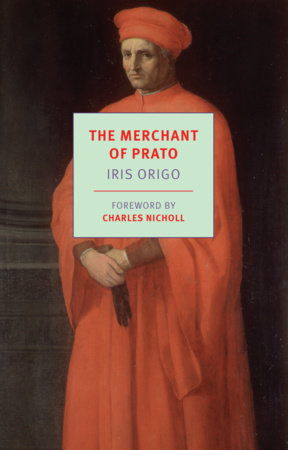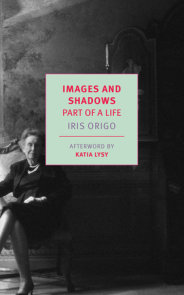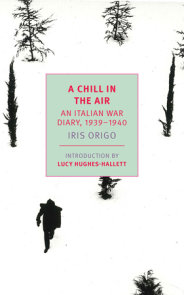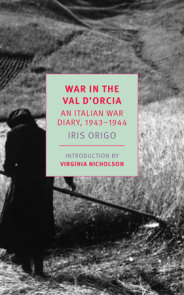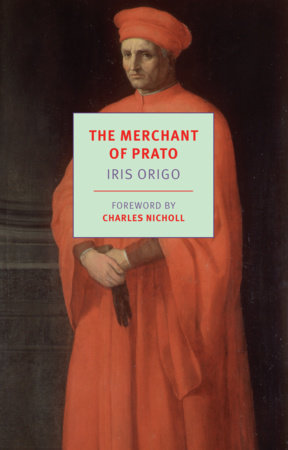

The Merchant of Prato
By Iris Origo
Foreword by Charles Nicholl
By Iris Origo
Foreword by Charles Nicholl
By Iris Origo
Foreword by Charles Nicholl
By Iris Origo
Foreword by Charles Nicholl
Category: European World History
Category: European World History

-
$22.95
Jul 14, 2020 | ISBN 9781681374208
-
Jul 14, 2020 | ISBN 9781681374215
YOU MAY ALSO LIKE

Spare
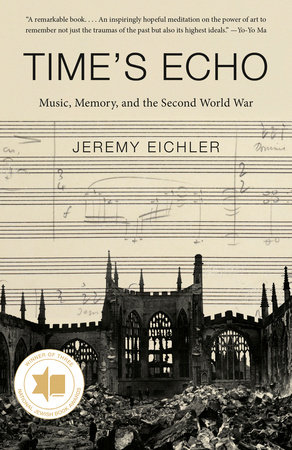
Time’s Echo
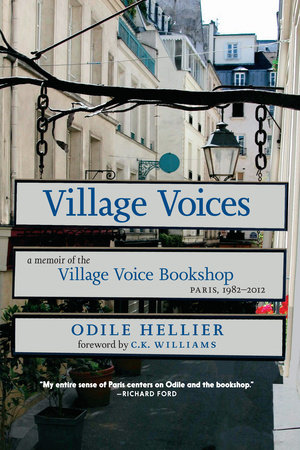
Village Voices
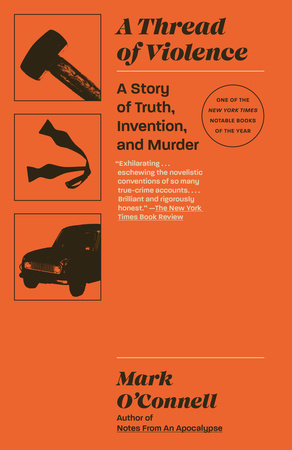
A Thread of Violence
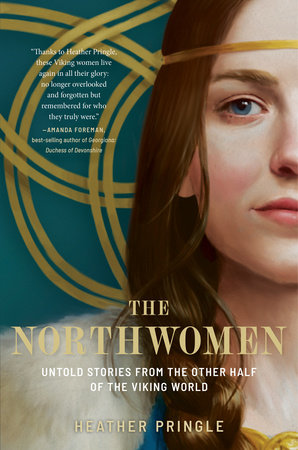
The Northwomen
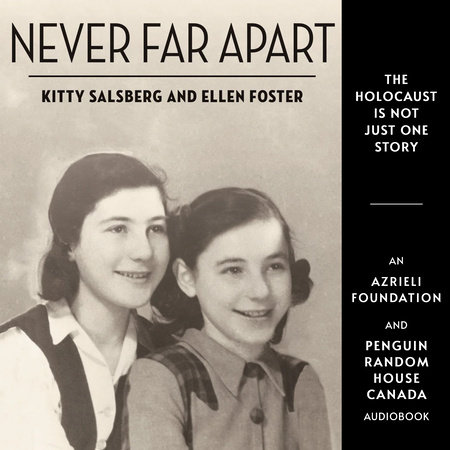
Never Far Apart
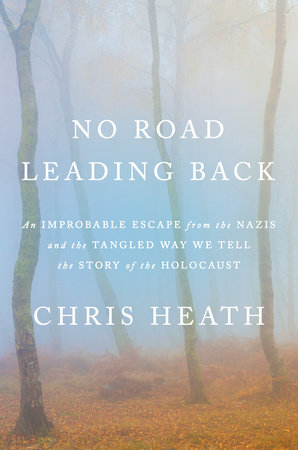
No Road Leading Back
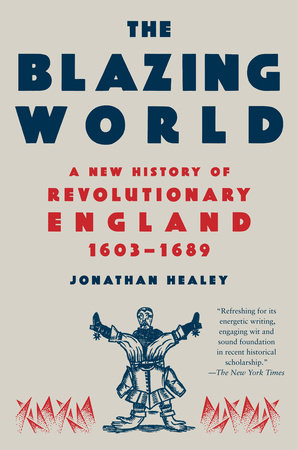
The Blazing World
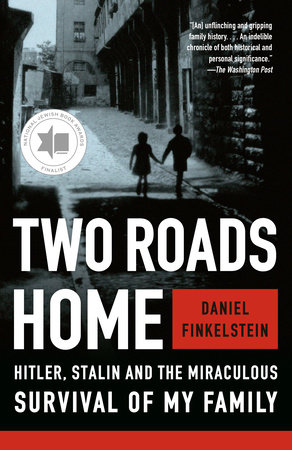
Two Roads Home
Praise
“This is indeed the fullest single source of information about the methods of medieval trade. [Francesco di Marco] Datini’s letters suggest a man of shrewd, reserved, pious character, daring and imaginative in his schemes but cautious in their execution. Constantly anticipating disaster, he still survived the plague and a Papal ban; and if his marriage to a young girl goes childless, his wife consented to rear his illegitimate daughter. The merchant is hardy, patient, and in fact admirable. One likes him, and his wife, and his family friend with his 14 children and unselfish loyalty. The biography has warmth and intimacy, and it makes the most of the domestic affairs and business interests of the canny Florentine.” —Kirkus
“Iris Origo’s success in resurrecting not only a personality but also his times, his town, his marriage, his friends and associates, and his business dealings, makes a work of extraordinary interest with that quality to grip and take hold of a reader that makes a book everlasting.” —Barbara Tuchman
“Origo was a remarkable writer, with a clear, engaging style, a mind steeped in history and scholarship, but alive always to the nuances and subtleties of human relationships.” —Caroline Moorehead, The Times Literary Supplement
“As a picture of Tuscany before the dawn of the Renaissance it is a complement to The Decameron.” —The Sunday Times
“[The book’s] success over the long haul is a victory of quality over fashionableness . . . The key to its longevity is partly [Origo’s] fluent style, the almost chatty erudition, but mostly the sense of total historical immersion. It’s as if she has set up camp in the 14th century and is simply reporting what she finds there . . . Origo revels in the blunt aphoristic vernacular of these letters, their scattering of witty ‘Toscanismi’ . . . Her characters talk the Tuscan of Boccaccio’s Decameron, written in the early 1350s when they were young men with their lives ahead of them. Their voices carry clearly across the centuries.” —Charles Nicholl, London Review of Books
“[Origo has] the alert, perspicacious mind of a supremely intelligent person.” —Cynthia Zarin, The New Yorker
21 Books You’ve Been Meaning to Read
Just for joining you’ll get personalized recommendations on your dashboard daily and features only for members.
Find Out More Join Now Sign In






